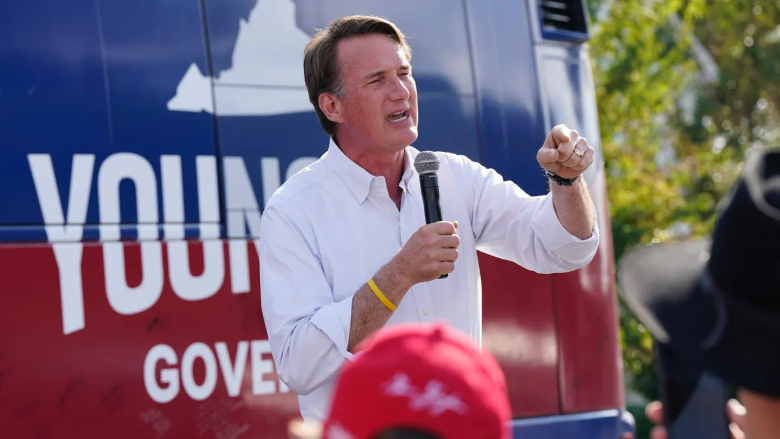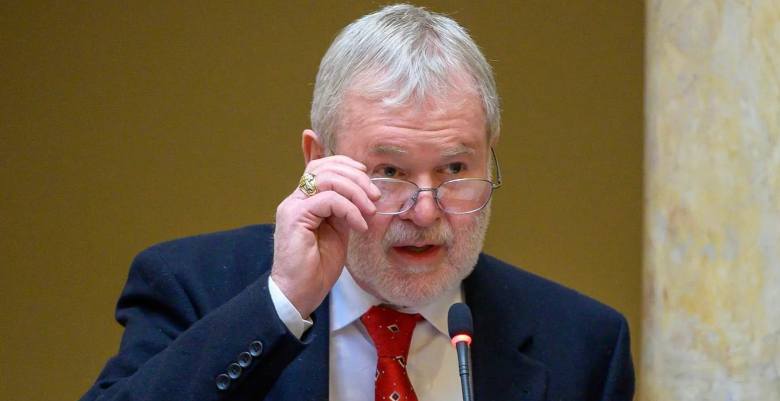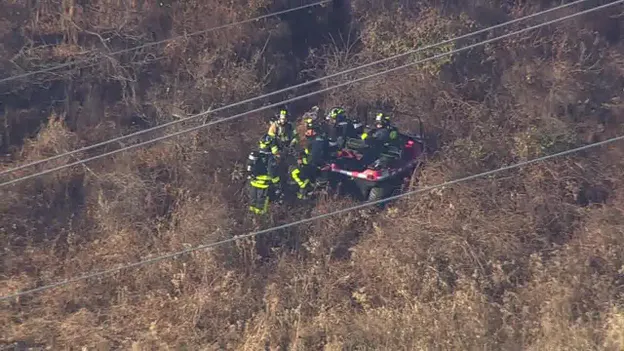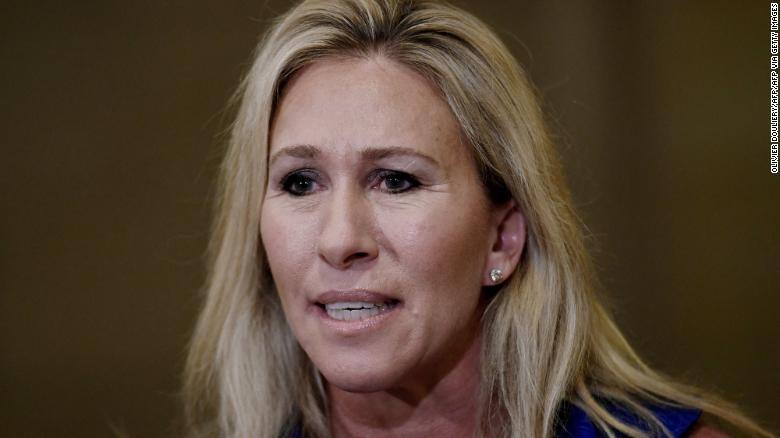The U.S. Department of Justice (DOJ) has filed a lawsuit against the state of Virginia, accusing it of violating federal law by removing noncitizens from its voter rolls too close to an upcoming election. The lawsuit was announced on Friday and targets Virginia’s state election officials for allegedly breaking the National Voter Registration Act of 1993 (NVRA), which regulates how and when voter rolls can be updated.
According to the DOJ, Virginia’s actions violate Section 8(c)(2) of the NVRA, also known as the “Quiet Period Provision,” which prohibits states from carrying out systematic purges of voter registration lists within 90 days of a federal election. This provision is intended to prevent errors in the process of removing ineligible voters, including those who are noncitizens, and to avoid disenfranchising eligible voters through last-minute, error-prone efforts.
The lawsuit specifically challenges a state program in Virginia that seeks to remove voters from the rolls based on their citizenship status. DOJ officials argue that this process, conducted too close to the upcoming general election on November 5th, risks improperly removing qualified voters from the rolls and causing confusion among voters.
In a statement, Kristen Clarke, Assistant Attorney General for the DOJ’s Civil Rights Division, emphasized the importance of following federal election laws. “By canceling voter registrations within 90 days of Election Day, Virginia places qualified voters in jeopardy of being removed from the rolls and creates the risk of confusion for the electorate,” Clarke said. She added that Congress adopted the Quiet Period restriction to prevent last-minute errors that could disenfranchise voters. “The right to vote is the cornerstone of our democracy,” Clarke said, “and the Justice Department will continue to ensure that the rights of qualified voters are protected.”
This lawsuit comes just two months after Virginia Governor Glenn Youngkin (R) issued an executive order aimed at enhancing election security in the state. His administration has been focused on ensuring that the 2024 election is free from fraud and manipulation, and his policies emphasize strict measures such as paper ballots, drop box monitoring, and daily updates to the voter rolls using DMV and other trusted data sources.
Youngkin’s administration has made clear that the state takes election security seriously, with the governor stating that they want to ensure only eligible voters are casting ballots in Virginia elections. In his recent executive order, Youngkin outlined several key policies, including:
- 100% paper ballots: The state ensures all votes are cast on paper, with a strict chain of custody to track the ballots throughout the election process.
- Counting machines, not voting machines: Virginia uses machines to count ballots, but these machines are tested before every election and are never connected to the internet to ensure the integrity of the process.
- No mass mailing of ballots: The state does not send out unsolicited ballots to all registered voters, a practice that has been controversial in other states during recent elections.
- 24/7 monitoring of drop boxes: Virginia has installed surveillance to ensure that all ballot drop boxes are continuously monitored, aiming to prevent tampering or illegal ballot stuffing.
- Daily updates to voter rolls: Using data from the Department of Motor Vehicles (DMV) and other reliable sources, Virginia updates its voter rolls daily to ensure they are accurate and up-to-date.
Despite these measures, the DOJ’s lawsuit argues that Virginia’s attempt to remove noncitizens from the voter rolls in the months leading up to the election violates federal law. The Justice Department’s concern is that removing voters in such a systematic way so close to an election could lead to mistakes, potentially disenfranchising citizens who are eligible to vote.
Governor Youngkin has responded firmly to the DOJ’s lawsuit, defending the state’s actions and its commitment to election integrity. His administration argues that ensuring noncitizens are not allowed to vote is essential to maintaining fair elections, and they claim that their procedures follow both state and federal laws.
Youngkin’s office also highlighted the importance of protecting the election process from fraud, particularly in light of increased scrutiny on election security nationwide. While the DOJ claims that Virginia’s actions could harm qualified voters, Youngkin’s team insists that their actions are aimed at preventing illegal votes from being cast, which they argue is just as critical to maintaining the integrity of elections.
The lawsuit against Virginia is part of a broader effort by the Biden-Harris administration to ensure compliance with federal election laws across the country. As Election Day approaches, states are under intense pressure to balance the need for election security with the need to protect voters’ rights. The outcome of this lawsuit could have implications not only for Virginia but for other states facing similar legal challenges as they seek to clean up their voter rolls ahead of crucial elections.
The case will likely further stoke partisan debate over election security, voter suppression, and the role of federal oversight in state-level election practices. With the 2024 election looming, tensions are running high as states, the federal government, and voters all grapple with the best way to ensure that elections are both secure and accessible.
Governor Glenn Youngkin responded to the DOJ’s lawsuit:
With less than 30 days until the election, the Biden-Harris Department of Justice is filing an unprecedented lawsuit against me and the Commonwealth of Virginia, for appropriately enforcing a 2006 law signed by Democrat Tim Kaine that requires Virginia to remove noncitizens from the voter rolls – a process that starts with someone declaring themselves a non-citizen and then registering to vote. Virginians – and Americans – will see this for exactly what it is: a desperate attempt to attack the legitimacy of the elections in the Commonwealth, the very crucible of American Democracy. With the support of our Attorney General, we will defend these commonsense steps, that we are legally required to take, with every resource available to us. Virginia’s election will be secure and fair, and I will not stand idly by as this politically motivated action tries to interfere in our elections, period.



